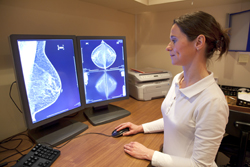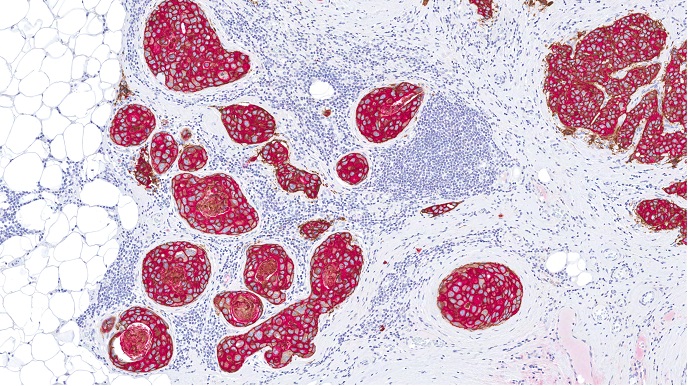Radiation and the risk of breast cancer
Breast cancer constitutes the leading cause of cancer-related deaths among women. Research has demonstrated a genetic component to cancer incidence, associated with the tumour suppressor genes BRCA-1 and BRCA-2. Another important contributor to disease is exposure to ionising radiation. The EU-funded ‘Radiation exposures at an early age: Impact of genotype on breast cancer risk’ (GENE-RAD RISK) project came to provide a link between the two. The scientific aim was to assess pre-menopausal breast cancer risk with radiation exposure and high prevalence of known mutations in breast cancer susceptibility genes. To this end, nearly 2,000 cases of breast cancer were included alongside their matched controls. By bringing together a powerful team of epidemiologists, radiation oncologists, biologists and statisticians, the GENE-RAD RISK consortium developed core protocols for case control studies. Partners formulated a questionnaire aiming to link together potential risk factors for breast cancer. They obtained medical record information from different countries and established databases including genetic and radiotherapy information. They combined gene analyses data with epidemiological data to assess gene radiation interactions. They also calculated a breast ionising radiation dose score based on the radiodiagnostic procedures the patients had undergone. The relationship between radiation dose and breast cancer risk in patients with or without genetic mutations was then estimated. GENE-RAD RISK results not only contributed to an understanding of the mechanisms of carcinogenesis, but also hold important public health implications for the protection of patients treated with radiotherapy.







